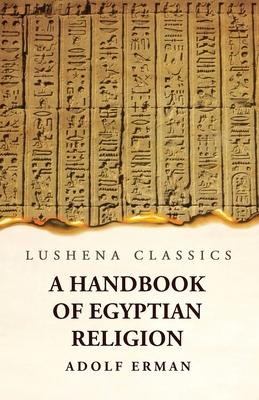Confucianism (Ruism), may be viewed as a tradition, a philosophy, a religion, a humanistic or rationalistic religion, a way of governing, or simply a way of life. It developed from what was later termed the Hundred Schools of Thought from the teachings of the Chinese philosopher Confucius (551-479 BC), who considered himself a reinterpreter of theology and values that were inherited from the Shang (c. 1600 BC-1046 BC) and Zhou dynasties (c. 1046 BC-256 BC). Cultures and countries in the East Asia that were or still are strongly influenced by Confucianism include mainland China (and Hong Kong), Taiwan, Korea, Japan, and Vietnam, and territories settled by Chinese, like Singapore.

Confucianism (Ruism), may be viewed as a tradition, a philosophy, a religion, a humanistic or rationalistic religion, a way of governing, or simply a way of life. It developed from what was later termed the Hundred Schools of Thought from the teachings of the Chinese philosopher Confucius (551-479 BC), who considered himself a reinterpreter of theology and values that were inherited from the Shang (c. 1600 BC-1046 BC) and Zhou dynasties (c. 1046 BC-256 BC). Cultures and countries in the East Asia that were or still are strongly influenced by Confucianism include mainland China (and Hong Kong), Taiwan, Korea, Japan, and Vietnam, and territories settled by Chinese, like Singapore.
Paperback
$30.00